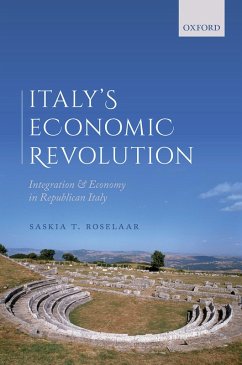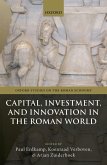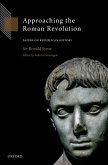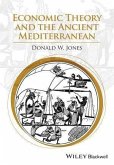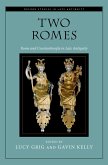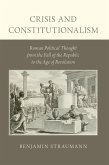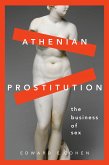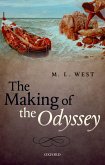The Roman conquest of Italy in the Republican period (from c. 400 to 50 BC) led to widespread economic changes in which the conquered Italians played an important role. Italy's Economic Revolution analyses the integration of Italy during this period and explores the interplay between economic activities and unification in its civic, legal, social, and cultural senses. On one hand, it investigates whether Italy became more integrated economically following the Roman conquest and traces the widely varying local reactions to the globalization of the Italian economy; on the other, it examines whether and how economic activities carried out by Italians contributed to the integration of the Italian peoples into the Roman framework. Throughout the Republican period, Italians were able to profit from the expansion of the Roman dominion in the Mediterranean and the new economic opportunities it afforded, which led to gradual changes in institutions, culture, and language: through overseas trade and commercial agriculture they had gained significant wealth, which they invested in the Italian landscape, and they were often ahead of Romans when it came to engagement with Hellenistic culture. However, their economic prosperity and cultural sophistication did not lead to civic equality, nor to equal opportunities to exploit the territories the Italians had conquered under Rome's lead. Eventually the Italians rose in rebellion against Rome in the Social War of 91-88 BC, after which they were finally granted Roman citizenship. This volume investigates not only whether and how economic interaction played a role in this civic integration, but also highlights the importance of Roman citizenship as an instrument of further economic, political, social, and cultural integration between Romans and Italians.
Dieser Download kann aus rechtlichen Gründen nur mit Rechnungsadresse in A, B, BG, CY, CZ, D, DK, EW, E, FIN, F, GR, HR, H, IRL, I, LT, L, LR, M, NL, PL, P, R, S, SLO, SK ausgeliefert werden.

